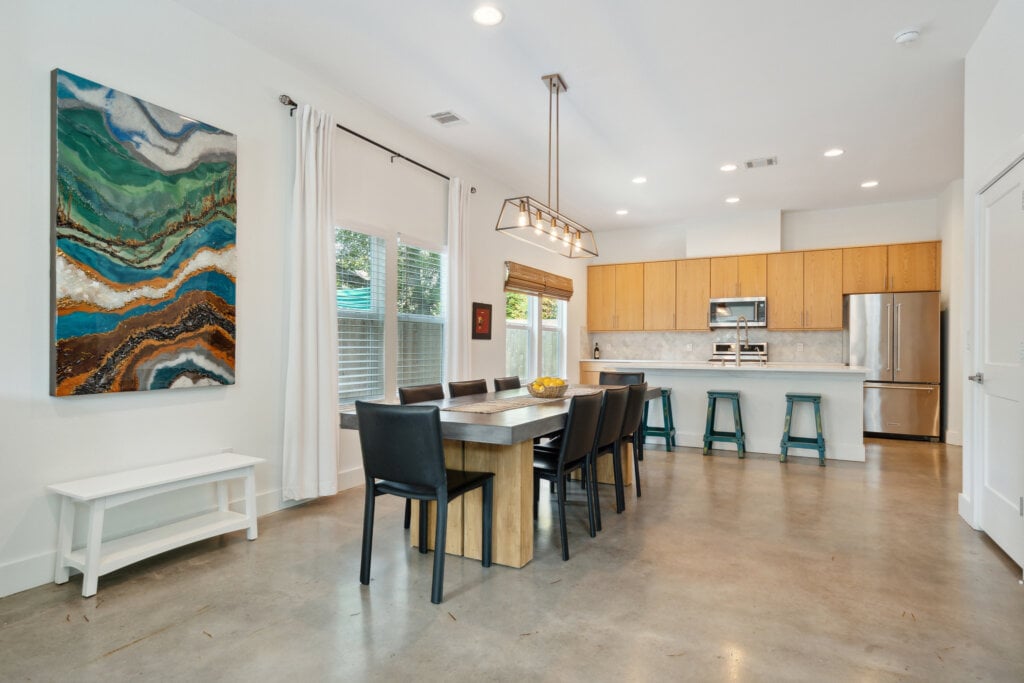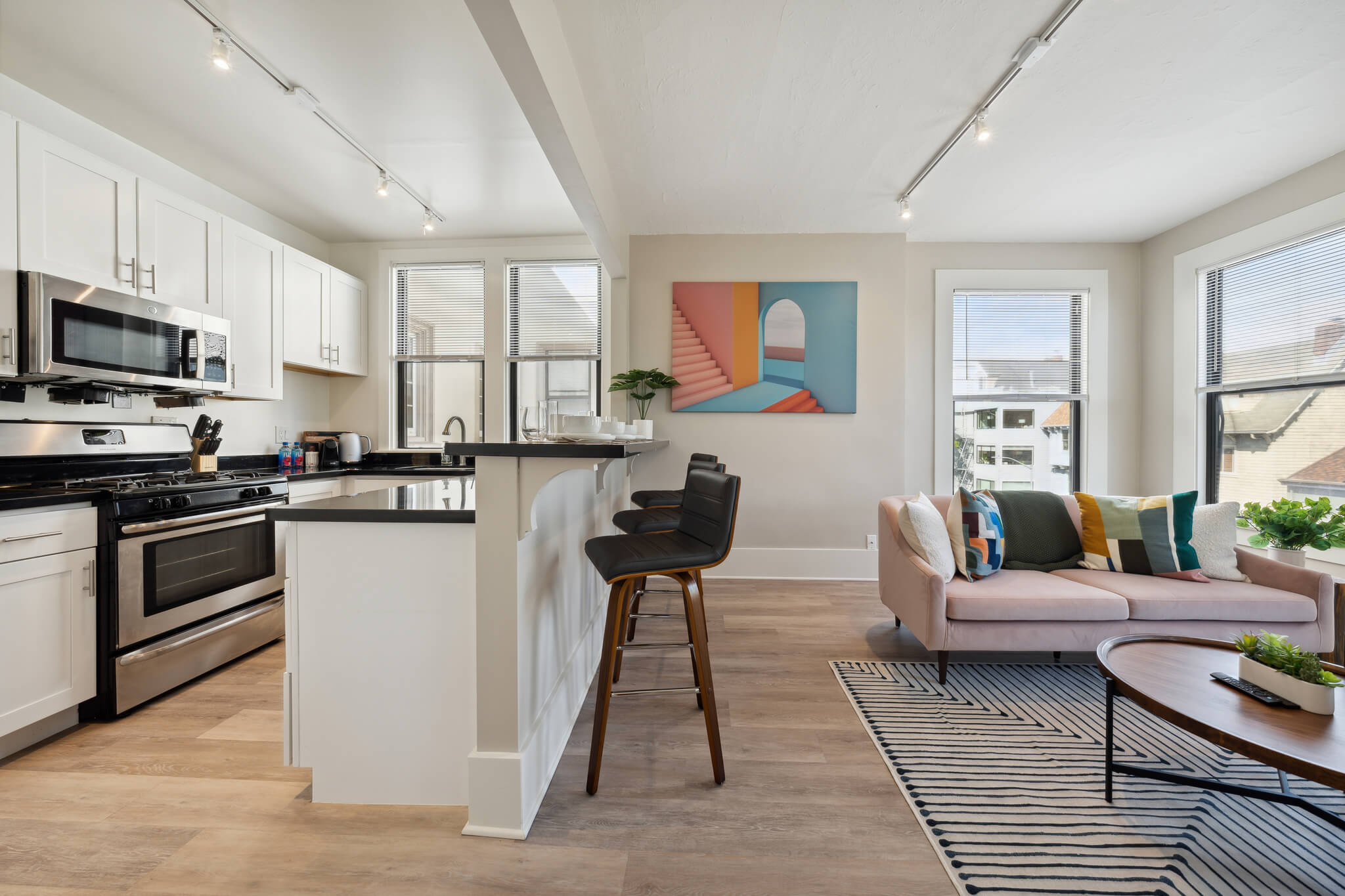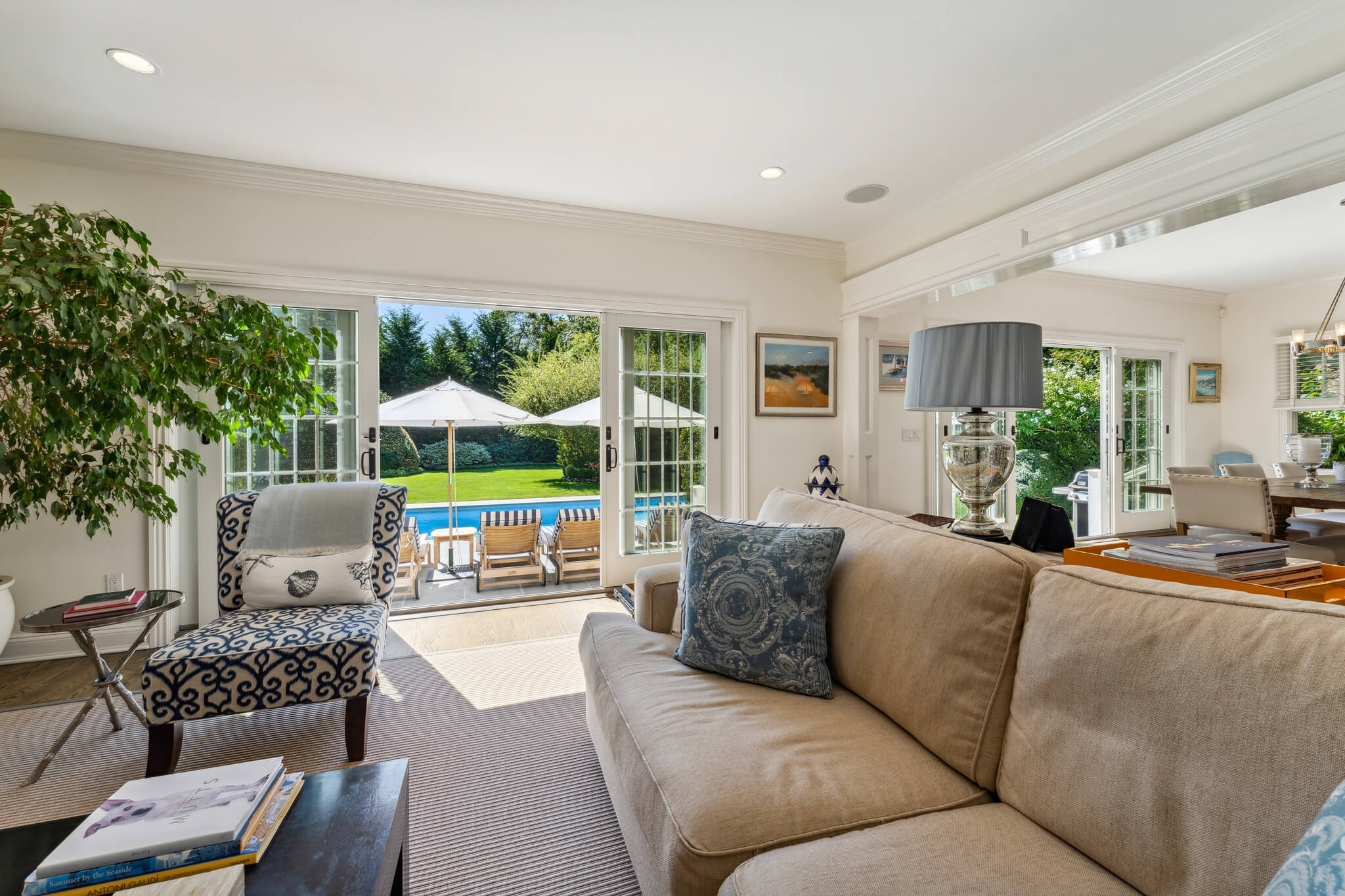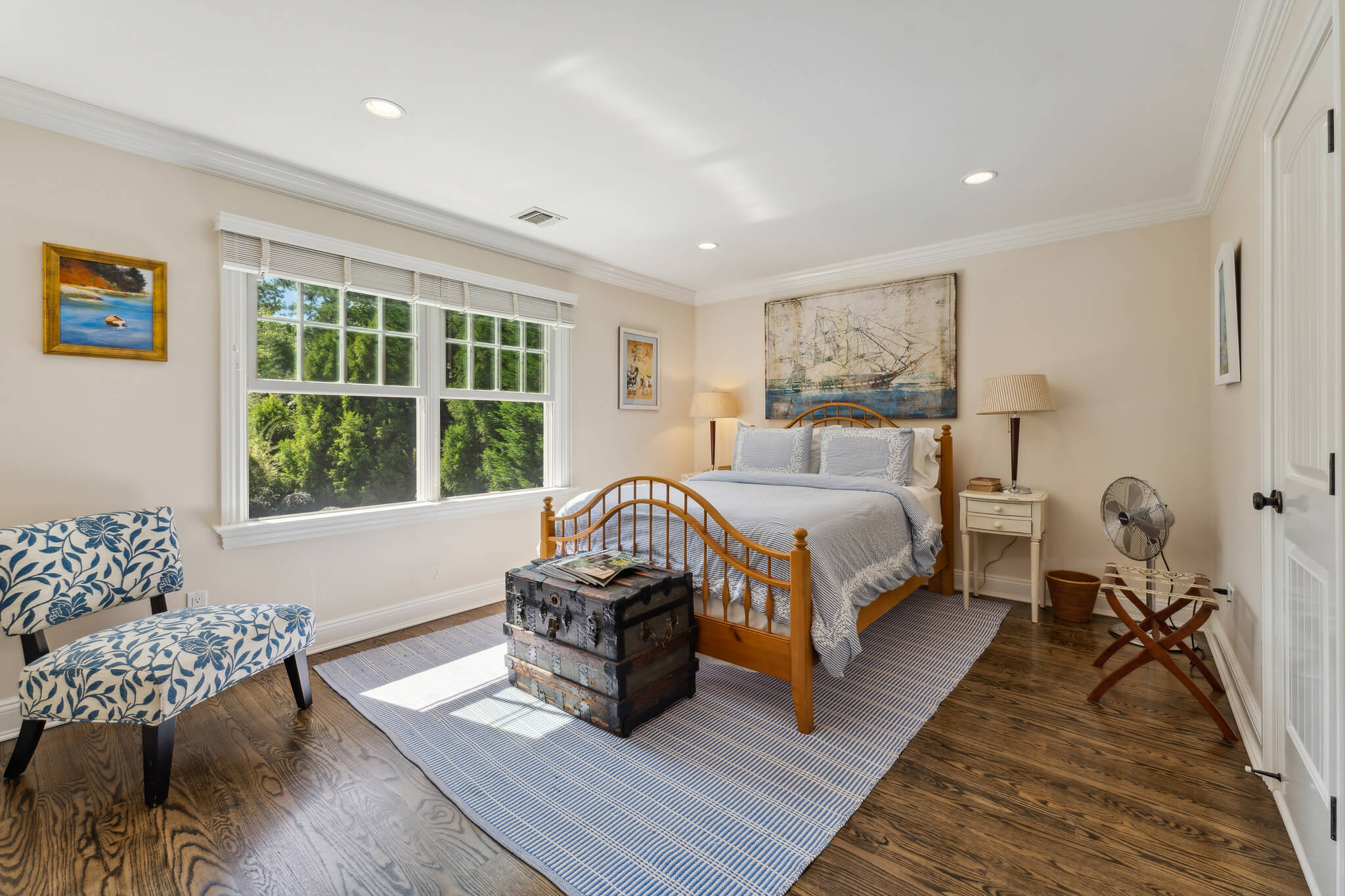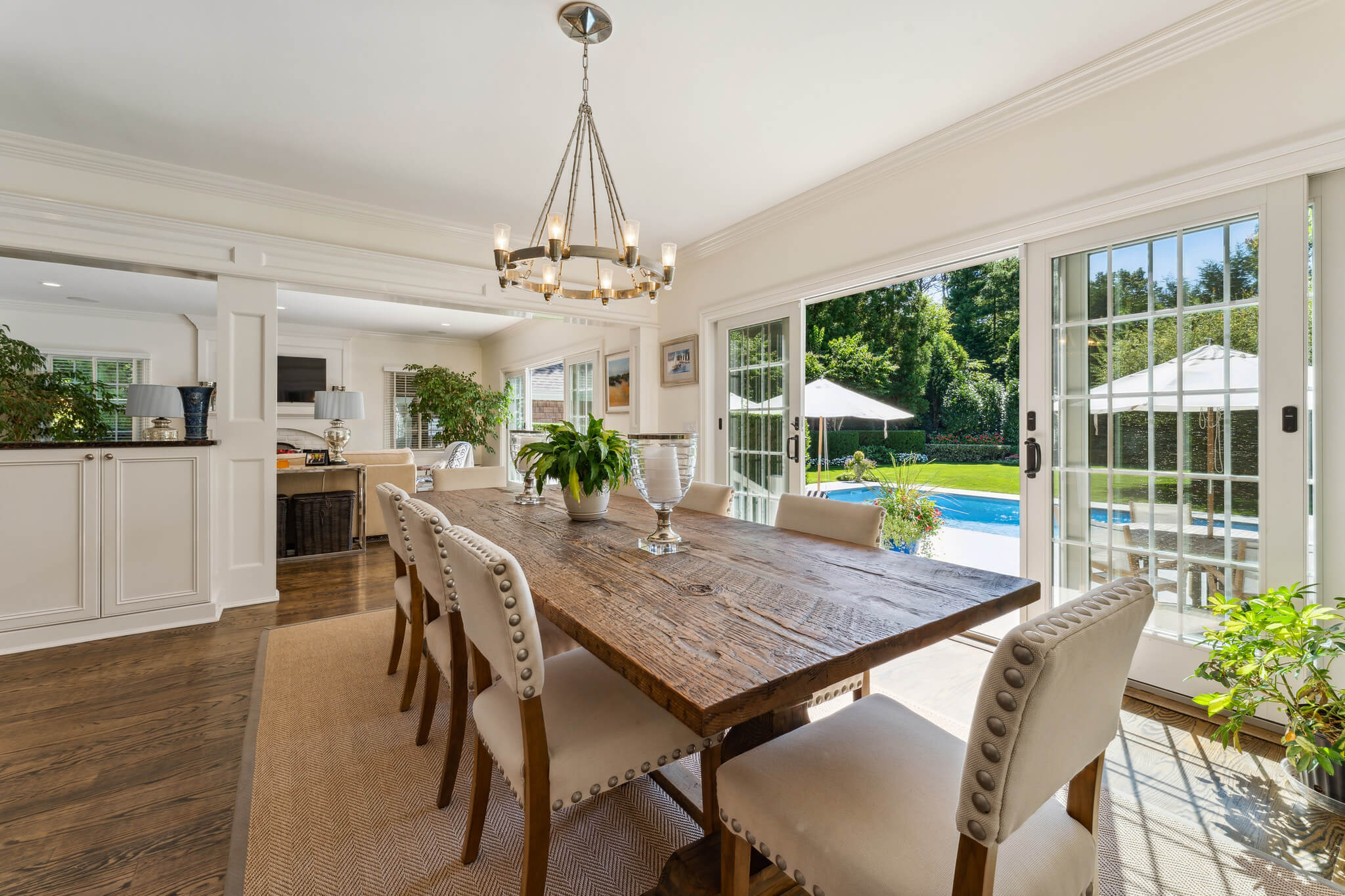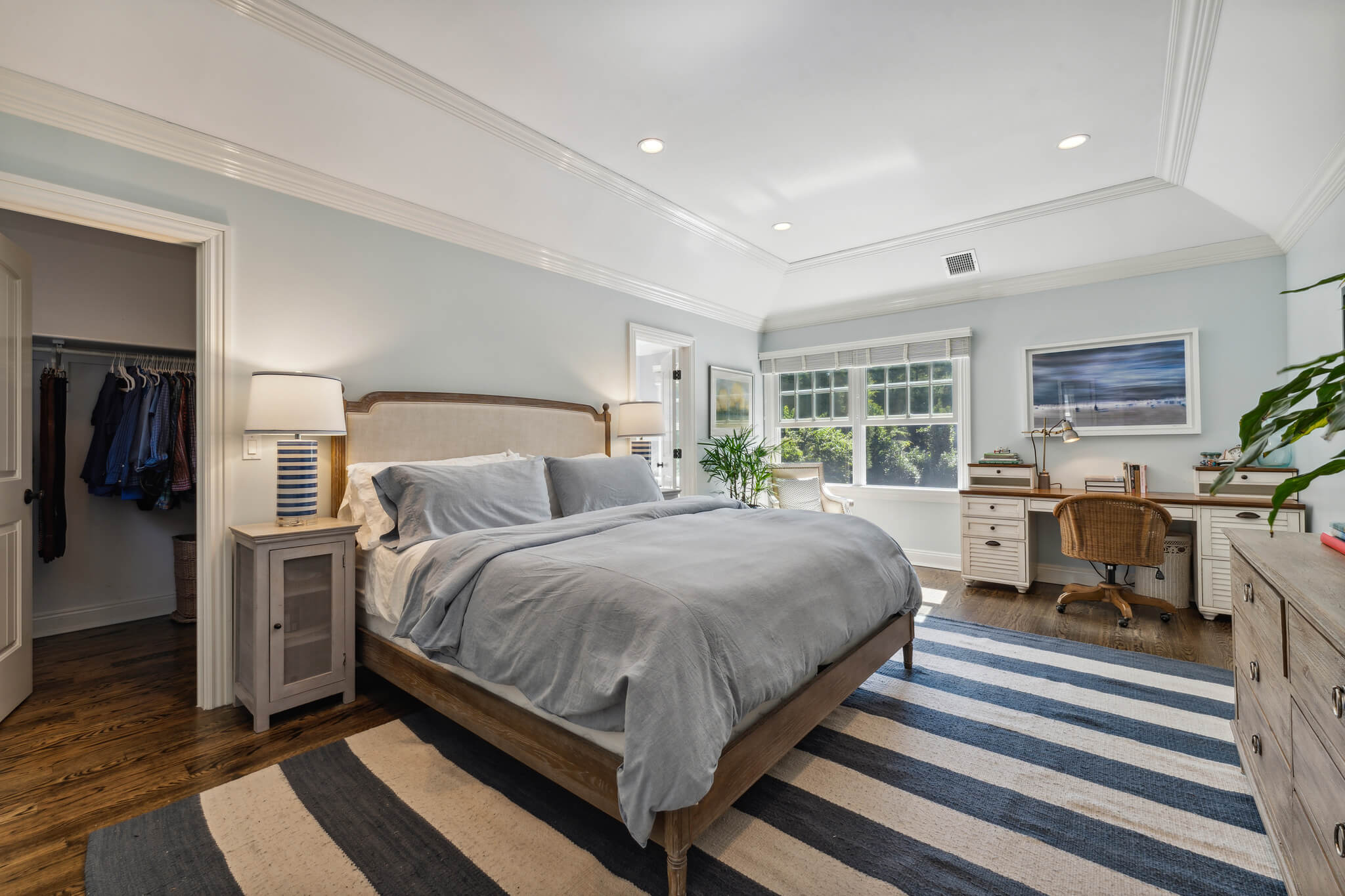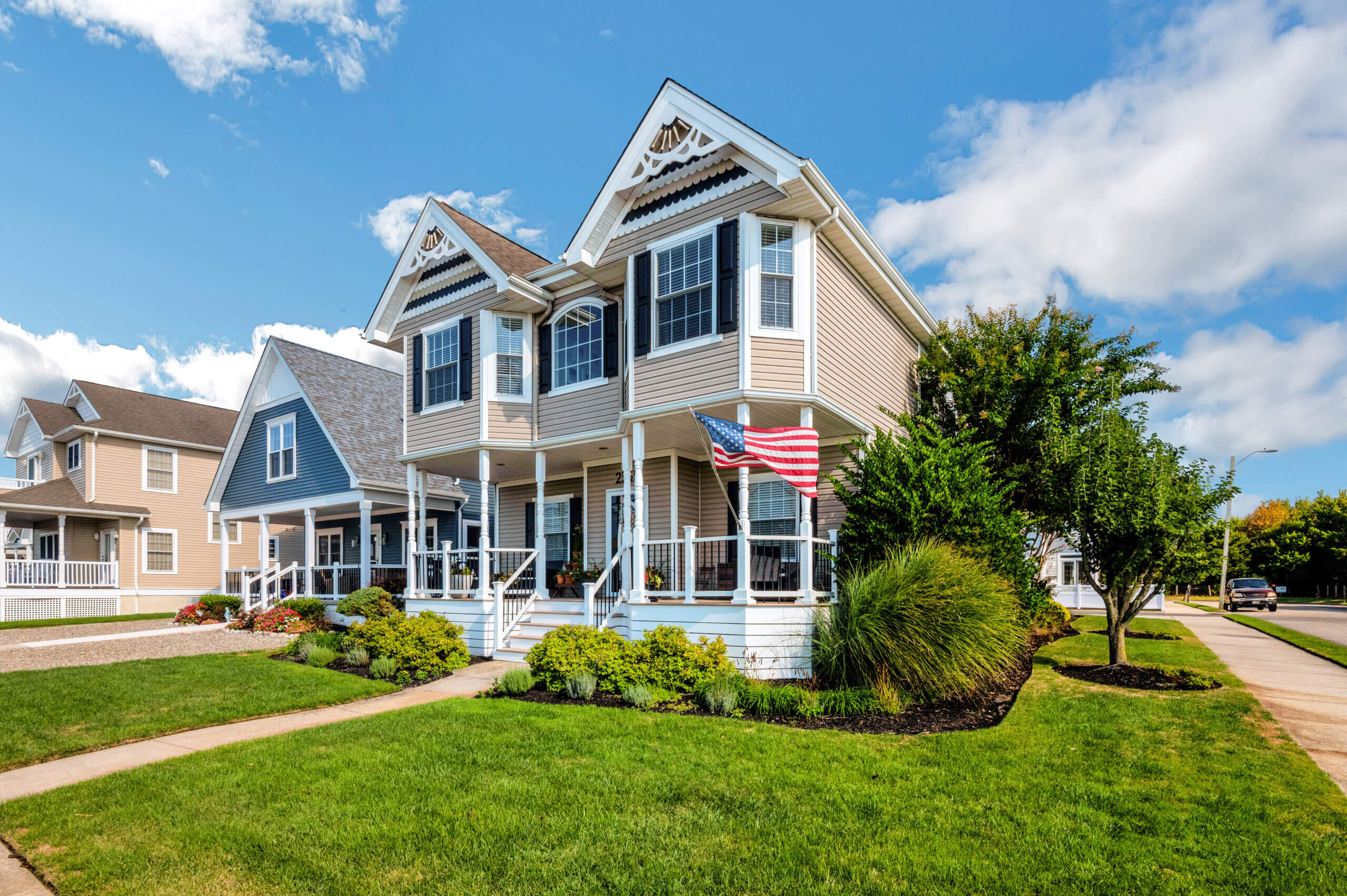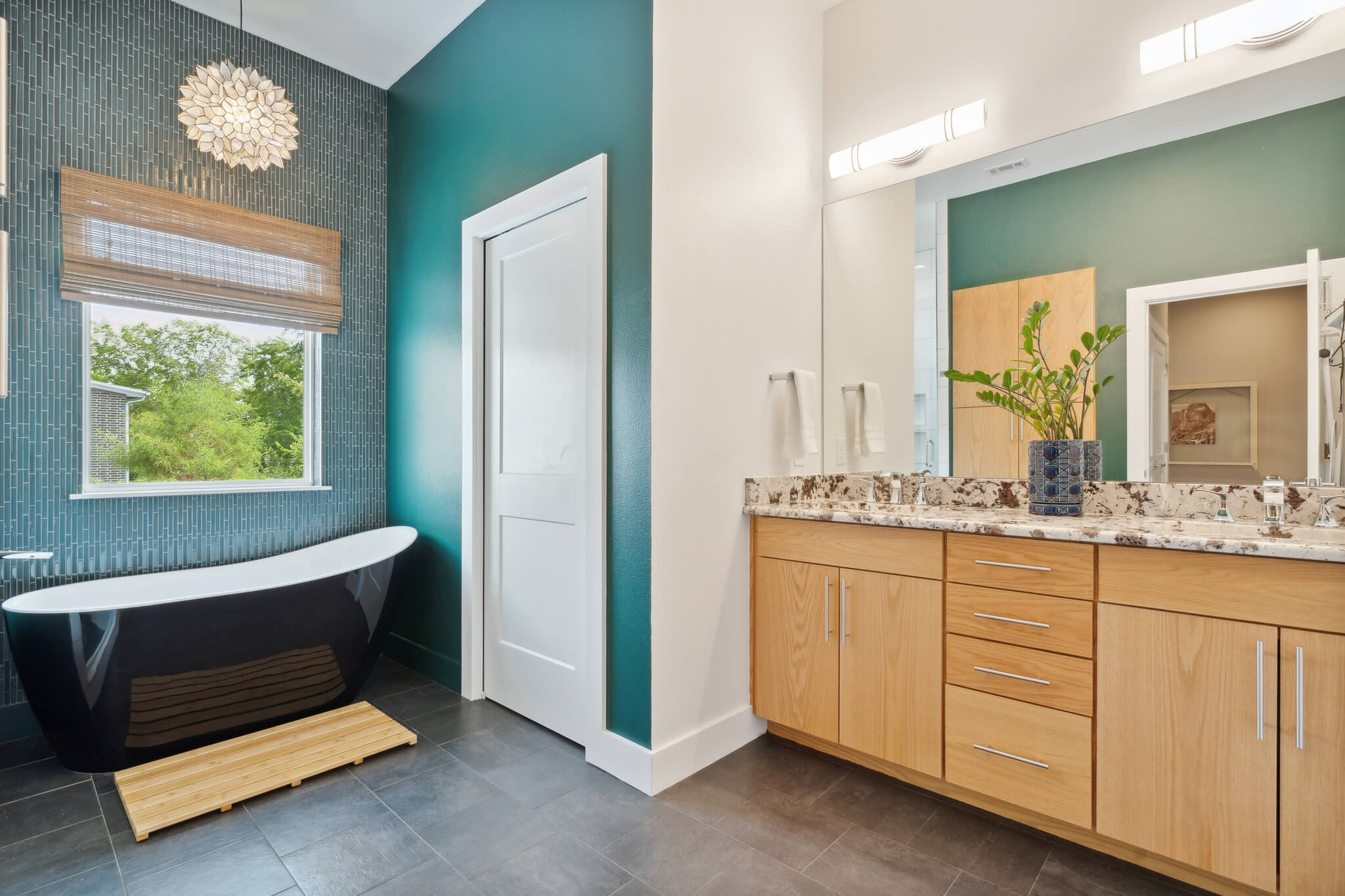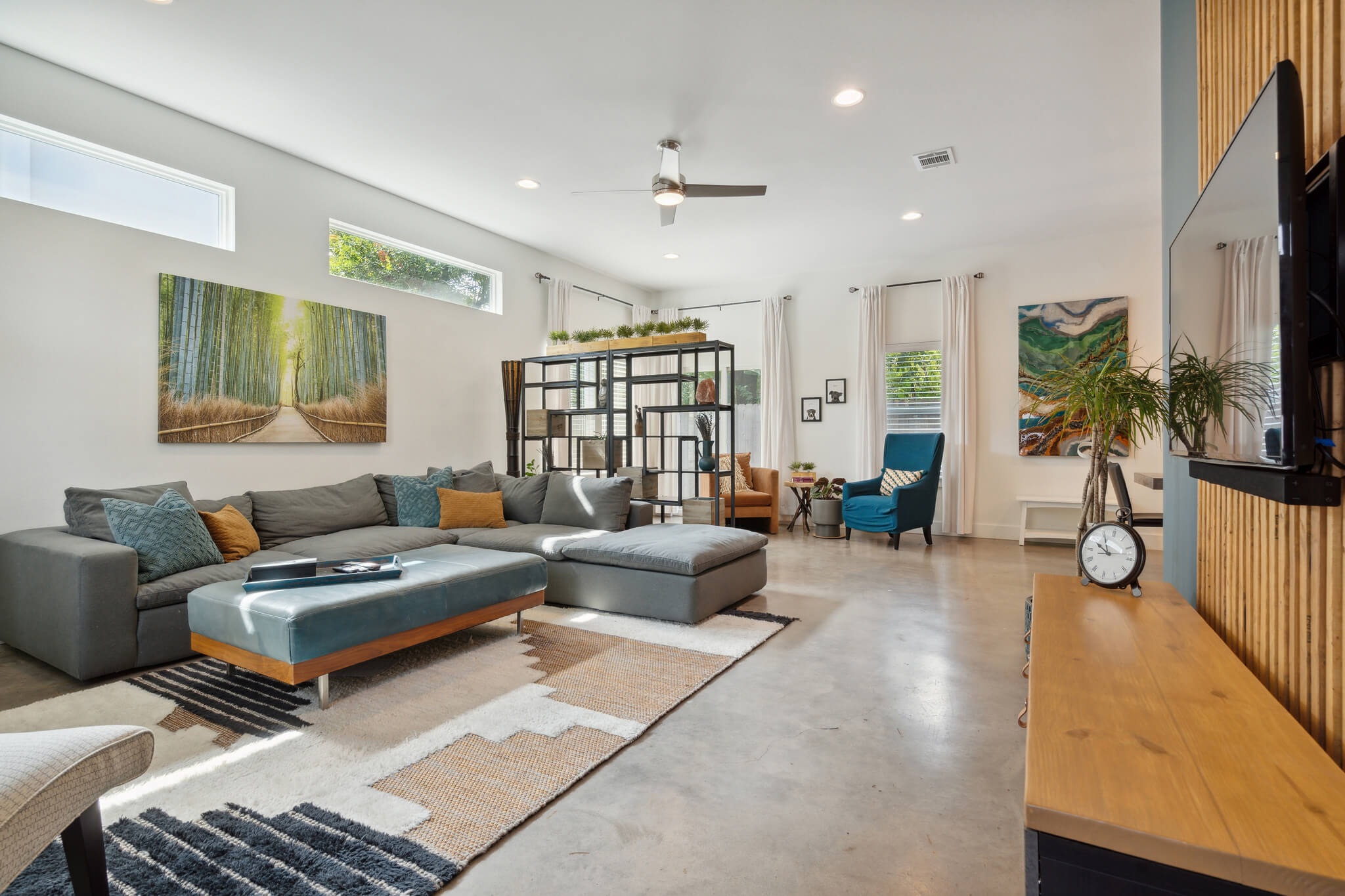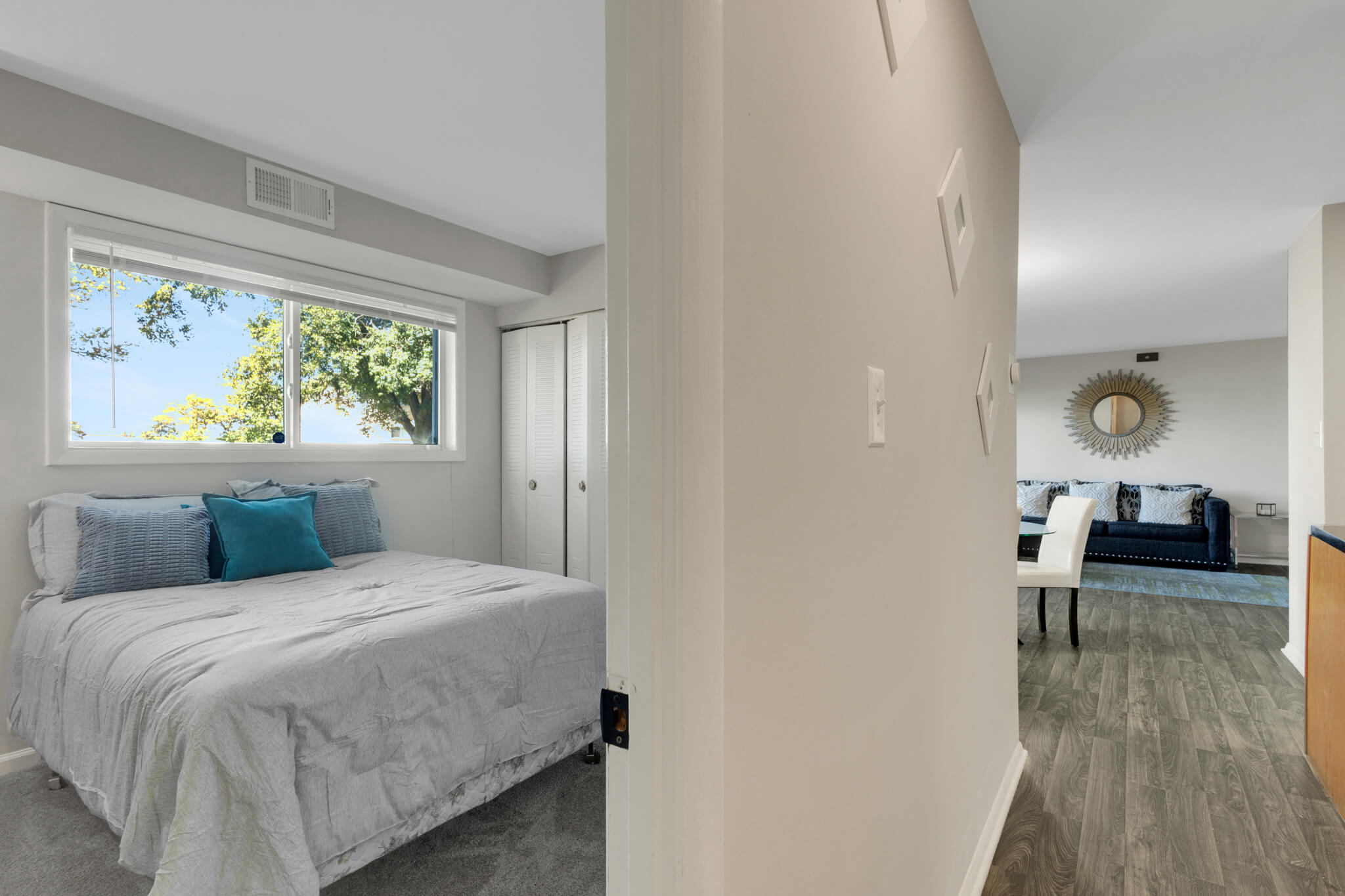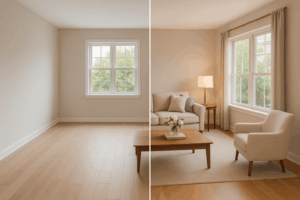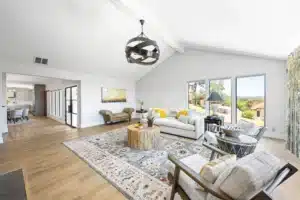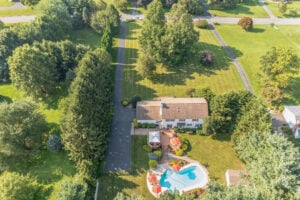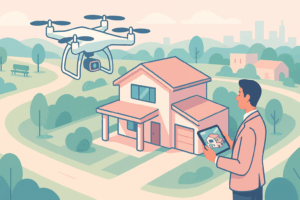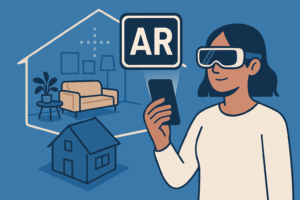As the demand for high-quality real estate photography continues to rise, understanding the nuances of the craft becomes increasingly important.
In this article, we will delve into the skills and knowledge you need to excel in taking ground photos of a house.
Use the Right Equipment
The first key to successful real estate photography is investing in the right equipment. A full-frame DSLR camera with a wide-angle lens is the industry standard. Many real estate agents can spot the difference if a crop sensor is used, often commenting that something is “off” or that the photo isn’t wide enough.
Using a full-frame camera eliminates these common complaints and ensures that you capture the best possible images.
The Importance of Shooting in RAW Format
Always shoot in RAW format. This offers the maximum amount of data and flexibility when editing the shots later.
Unlike JPEG, which compresses the image and limits post-production capabilities, RAW files allow you to adjust exposure, white balance, and other elements without compromising quality.
Mastering HDR Bracketing
High Dynamic Range (HDR) photography is vital in real estate. When bracketing HDR shots, make sure you get the right exposures. Typically, HDR shots are bracketed manually in RAW at three different exposure levels: -2, 0, and +2.
The darker exposure should be dark enough to capture a clear view through windows. If a -2 exposure isn’t dark enough to capture the outdoor view, don’t hesitate to adjust it to -4. The goal is to have a well-balanced photo where both interior and exterior elements are properly exposed.
The 1-2-3 Method: Angles for Every Room
Choosing the right angle for each room is crucial. The “1-2-3” method offers a simple guideline:
- One angle for small rooms like laundry areas, walk-in closets, and half bathrooms.
- Two angles for every bedroom and full bathroom.
- Three angles for larger spaces like kitchens, living rooms, and master bedrooms.
Composition & Framing: Balance is Key
A well-framed and balanced shot should be your ultimate goal. Aim for an equal amount of negative space on both sides of the frame and avoid having objects partially entering the edge of the frame. The ideal shot should include three walls, be taken at chest height, and have an even distribution of ceiling space to floor space.
Make sure all vertical lines in the room—like door frames and windows—are straight and aligned with the edges of your camera frame. This ensures that your lens is parallel to the ground and that your camera body is well-balanced.
Front Exterior Shots: The First Impression
The front exterior of a house is often the first photo potential buyers see, so make it count. Take multiple good shots and aim for at least one taken from the opposite side of the garage to showcase the property from a different perspective.
Know What to Avoid
- Real estate signs (unless unavoidable)
- Close-up details (unless requested)
- Inside garages (unless requested)
- Pets and people (unless in busy city streets)
- Reflections in mirrors, glass doors, TV screens
- Your shadow, especially in exterior shots with low sun
Identifying the Money Shots
In every home, there is often a “money shot”—a captivating view or angle that truly showcases the essence of the property. Identifying these money shots can add a compelling layer to your portfolio and provide the kind of images that both homeowners and real estate agents absolutely love.
Whether it’s a panoramic view from a luxurious bedroom window, a welcoming great room that serves as the heart of the home, or an open-concept kitchen overlooking a stylish living room, these standout shots can significantly elevate your work.
Before you begin shooting, take a moment to walk through the property and identify potential money shots. Consider speaking with the homeowner and the real estate agent to get their perspectives as well. They know the home best and can provide valuable insights into what makes it unique.
Understanding the property’s standout features will allow you to plan your shoot effectively, ensuring that you capture the images that will make the biggest impact.
Mastering the art of the perfect real estate photo is a blend of technical skill and artistic flair. From your equipment choices and RAW shooting to HDR techniques and room angles, every decision you make contributes to the quality of the final image. As you develop your skills, don’t overlook the importance of identifying those money shots that capture the true essence of a home.
By focusing on these core aspects of real estate photography, you’ll be well-equipped to produce stunning still photos that do justice to every property you encounter. In a competitive market, these skills are what will set you apart as a top-tier real estate photographer in 2023 and for years to come.

